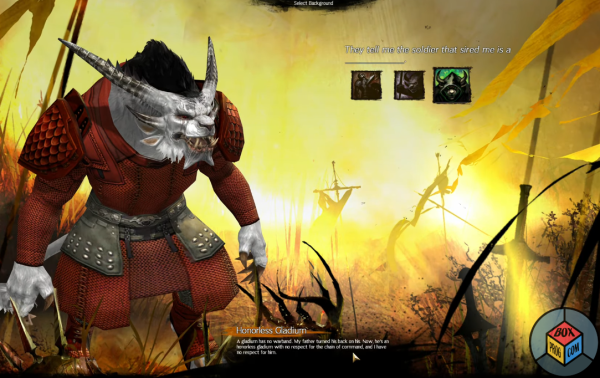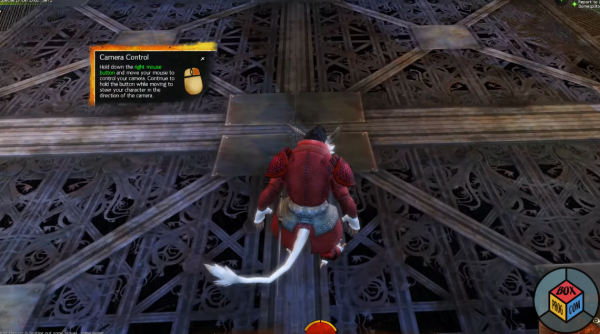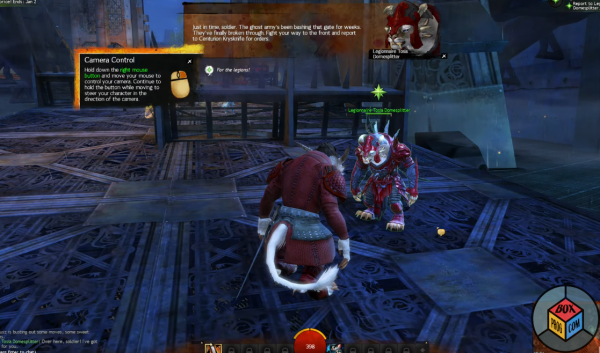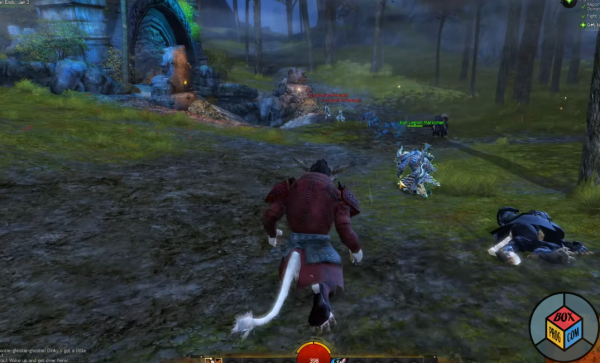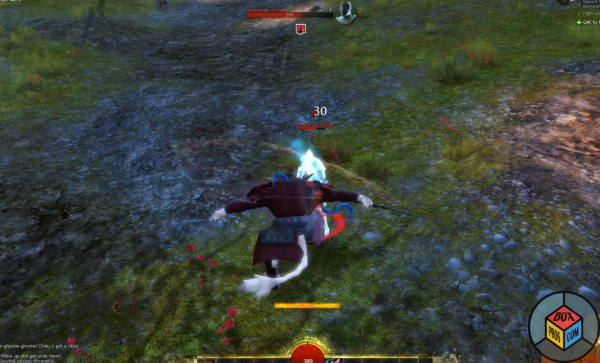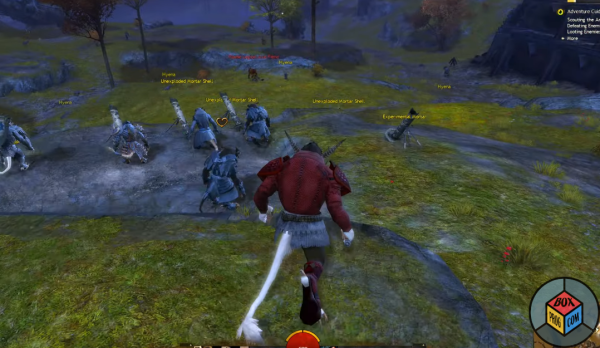In an age where most MMORPGs feel like carbon copies of each other, Guild Wars 2 stands out—not by reinventing the wheel, but by remembering how to make the wheel actually roll. Released by ArenaNet in 2012 and still going strong, GW2 is one of the rare examples of a game that respects both your time and your brain cells.
Let’s break down why this game continues to be relevant more than a decade after launch, and why it’s not just a nostalgia trip—but a living, breathing world worth your time.
No Monthly Fee, No Catch
One of the most attractive features of Guild Wars 2 is its business model. You buy the expansions (or don’t), and that’s it. No monthly subscriptions, no loot boxes shoved down your throat, no artificial barriers unless you go out of your way to find them. The base game is free, and it’s not a half-baked demo—it’s a full experience that puts many paid titles to shame.
Combat That Actually Wakes You Up
If you’ve played classic tab-target MMOs and felt like you were just managing cooldowns while watching Netflix, GW2 will jolt you awake. Combat is fast, mobile, and fluid. You dodge, you combo, you react in real time. Positioning matters. Weapon skills change depending on what you’re holding, and each profession (class) feels distinct without relying on the usual holy trinity of tank-healer-damage.
This isn’t a “spam 1-1-1-2” type of game. It’s a dance. And when it clicks, it clicks hard.
A Living World That Actually Breathes
One of Guild Wars 2’s crown jewels is its dynamic event system. Forget static quest hubs. Here, the world changes based on player interaction. A town might be under siege, and if players fail to defend it, it gets overrun. NPCs react. The map evolves. It feels like the game world is doing its own thing whether you’re there or not—which is how it should be.
Add in the Living World seasons, which serve as ongoing story chapters, and you’ve got a narrative that doesn’t just wait around for you to come back. You either keep up, or you miss out. Harsh? Maybe. Engaging? Absolutely.
Exploration Isn’t Optional—It’s the Main Event
GW2 respects players who like to wander. Every map is filled with vistas, hero challenges, skill points, and jumping puzzles—yes, jumping puzzles, and they’re not for the faint of heart. If you get joy from simply exploring a well-crafted world, this game rewards you for doing just that. No grinding, no fetch quests—just genuine curiosity.
And the environments? From the steampunk cities of humans to the lush jungle canopies of the Heart of Maguuma, every area feels hand-crafted rather than procedurally sneezed out.
PvP and WvW: Chaos with Purpose
The PvP in GW2 is solid, and surprisingly balanced given the number of builds and professions. Structured PvP puts you in 5v5 matches with equalized gear—so it’s all about skill, not grind.
But the real meat lies in World vs. World (WvW), a multi-map, large-scale war between servers. It’s a chaotic mix of zerg fights, castle sieges, and strategic supply management. It can feel like a medieval battlefield and a spreadsheet simulator at the same time—and that’s a compliment.
Expansions That Expand, Not Inflate
Each expansion brings something new without bloating the game. Heart of Thorns added verticality with gliding and complex maps. Path of Fire introduced mounts that feel genuinely unique (no reskinned horses here—each has movement mechanics). End of Dragons brought in fishing, skiffs, and the Siege Turtle—a co-op mount, because why not?
The expansions change how you play, not just what you wear.
Crafting and Economy: Deep, but Not Deranged
Crafting in GW2 is robust, though admittedly not for everyone. It’s not mindless, but it’s also not spreadsheet hell. Legendary weapon crafting is a long-term goal, not a loot box gamble. The trading post (aka the auction house) is player-driven and stable, avoiding the economic meltdowns seen in other games.
The Community: Surprisingly Human
For an online game, the Guild Wars 2 community is shockingly non-toxic. Maybe it’s the cooperative nature of the PvE design, or maybe toxic players get bored and leave when they can’t flex DPS meters in a dungeon queue. Either way, the vibe is chill, helpful, and often weird in the best way.
Mentor tags, player-run guilds, and roleplaying communities thrive without being forced by systems. It’s all voluntary—and that’s what makes it work.
Final Verdict: Why Are You Still Reading?
Guild Wars 2 is what happens when a developer doesn’t just chase trends but instead builds something to last. It’s not perfect—some systems are dated, and new-player onboarding can be rough—but it doesn’t insult your intelligence or waste your time.
If you’re looking for a real MMORPG in a world that seems to have forgotten what that even means, give Guild Wars 2 a shot. You might just find yourself actually having fun.

